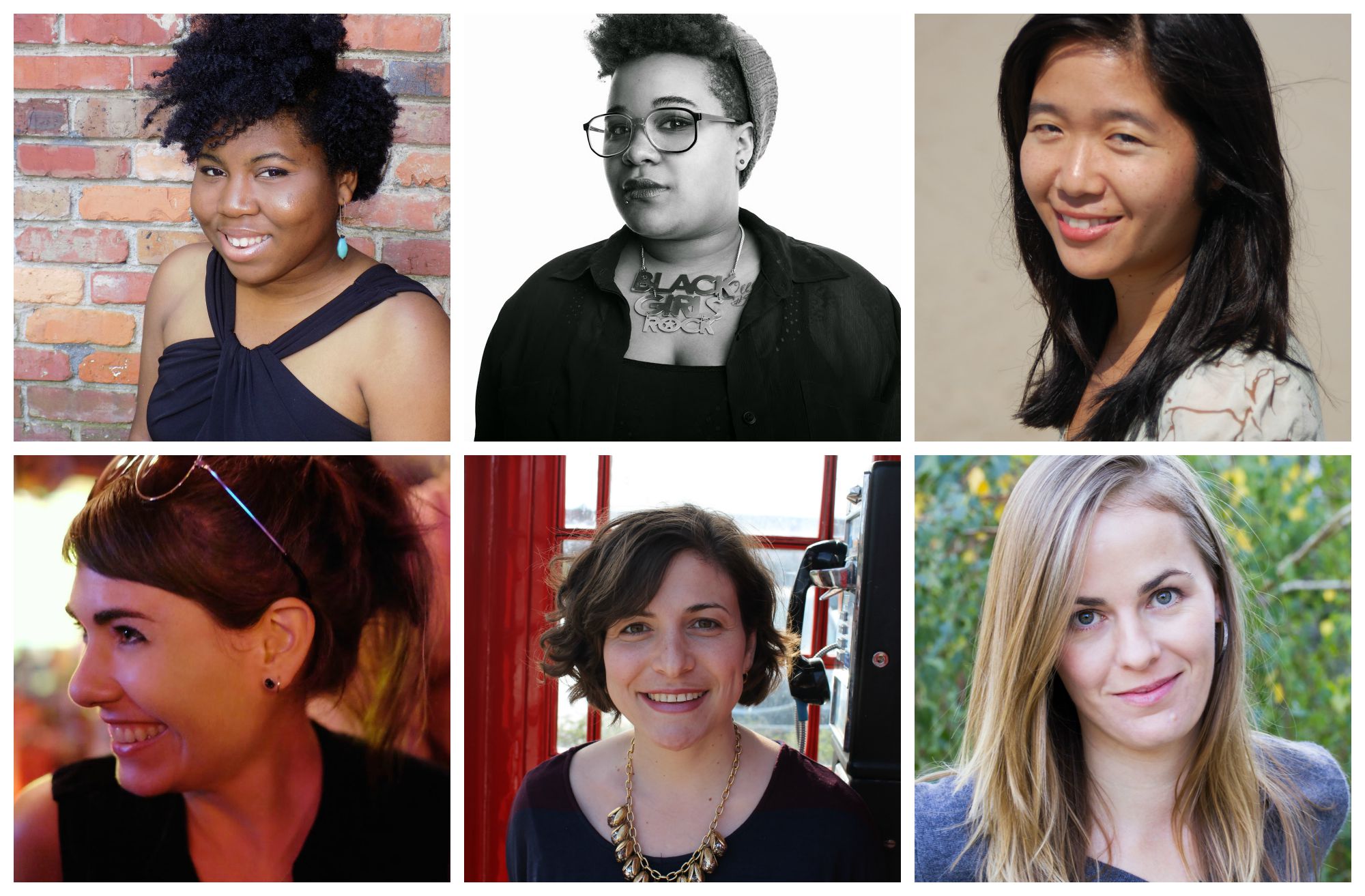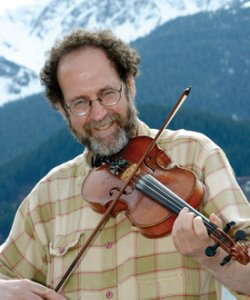Toni Morrison on Primo Levi’s Work, Writing as Omission, and More
Novels about the immigrant experience; Erica Jong and Roxane Gay’s feminism dispute; the best books about work; and other news.
Jump to navigation Skip to content
Novels about the immigrant experience; Erica Jong and Roxane Gay’s feminism dispute; the best books about work; and other news.
Choose a memorable character from a movie—someone from an old Western or a James Bond film, for example—and write a poem inspired by this on-screen persona. What are the most striking aspects of her style or demeanor? Focus on connecting specific details, like a certain way of walking or talking or dressing, to her emotional state to create a lyrical portrayal of this larger-than-life character.
Jonathan Franzen’s divided reputation; Patrick Modiano’s search for “pre-history”; the qualifications of a critic; and other news.
The Rona Jaffe Foundation has announced the six recipients of the 2015 Rona Jaffe Writers’ Awards, which are given annually to emerging women poets, fiction writers, and nonfiction writers. The awards “identify and support women writers of exceptional talent in the early stages of their careers.” Each winner receives $30,000.
The 2015 recipients are poets Ashley M. Jones of Birmingham, Alabama, and Britteney Black Rose Kapri of Chicago; fiction writers Vanessa Hua of Orinda, California, Amanda Rea of Denver, and Natalie Haney Tilghman of Glenville, Illinois; and nonfiction writer Meehan Crist of New York City. Visit the website for the winners’ complete bios.
The six recipients will be honored at a private reception in New York City on September 17. The Rona Jaffe Foundation solicits nominations for the awards each year from writers, editors, publishers, academics, and other literary professionals; a committee of judges selected by the foundation chooses the recipients.
Since writer Rona Jaffe established the awards program in 1995, the foundation has awarded more than $2 million to over one hundred twenty women writers. Past recipients include poets Erin Belieu, Tracy K. Smith, and Mary Szybist; fiction writers Rebecca Lee, ZZ Packer, and Tiphanie Yanique; and nonfiction writers Rachel Aviv, Eula Biss, and Sharifa Rhodes-Pitts.
Clockwise from top left: Ashley M. Jones, Britteny Black Rose Kapri, Vanessa Hua, Amanda Rea, Natalie Haney Tilghman, Meehan Crist
Do your poems tend to be loud or quiet? Try your hand at switching up your writing’s volume. Write a poem that’s noisy and full of hard consonants and cacophonous sounds, or write a calmer poem that whispers with a softer rhythm and smoother pacing. Perhaps you can transform your piece by altering capitalization or punctuation, or by italicizing. When you increase or decrease the levels in your poem, are the types of images or emotions that come to mind drastically different?

Alaska’s Fiddling Poet, who over the past twenty years has been playing his fiddle and reading poems for audiences across the country, talks about how he has built a career—and a life—out of touring and sharing his music and poetry with others.
"I knew she was carrying too, / building bits of flesh that fall into the world..." Marsha de la O reads "Possum" from her new poetry collection, Antidote for Night (BOA Editions, 2015), which is featured in Page One in the current issue of Poets & Writers Magazine.
In the September/October issue of Poets & Writers Magazine, Dean Young talks about his earliest recollection of writing a poem as a child and the realization that, "you could make up reality with language.... You could write the words blue cow, for example, and there'd be a blue cow." Make a list of five vivid but nonsensical phrases describing things that don't exist in reality. Then, choosing one of the phrases to use as a first line, write a poem that is unrestrained by fact or conventional logic. Rather than focusing on consistency or reason, allow your imagination to quickly zigzag from one surprising image, sound, or emotion to the next.
Jill Bialosky reads her favorite poem by William Wordsworth for a new video documentary collaboration between Tate Street, Robert Pinsky, and the Favorite Poem Project. Bialosky's latest novel, The Prize (Counterpoint Press, 2015), is featured in Page One in the September/October issue of Poets & Writers Magazine.
Sierra Nevada Review